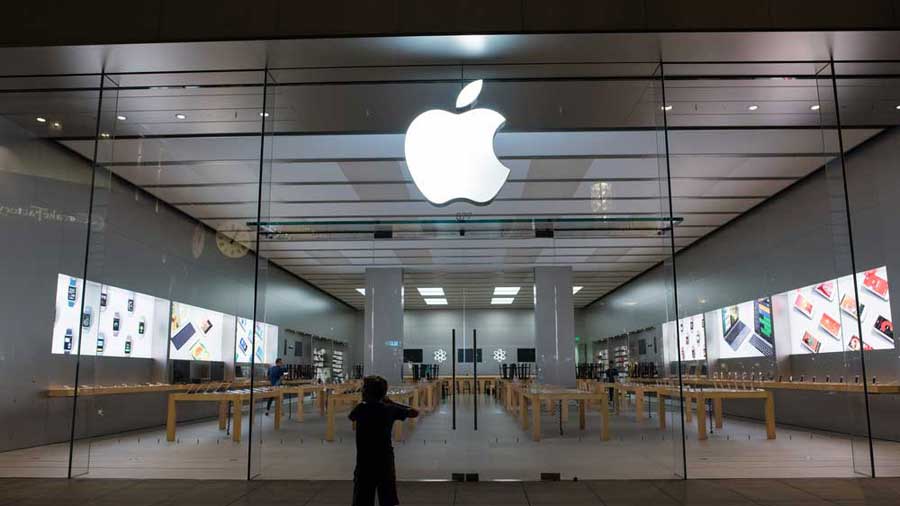Apple Inc rolled out a new virtual fitness service and a bundle of all its subscriptions, Apple One, focusing a holiday-season product launch on services that are the backbone of Apple’s growth strategy and cater to customers working at home during the Covid-19 pandemic.
Apple also introduced a new Apple Watch Series 6 that monitors blood oxygen and will cost $399, and a lower-cost Apple Watch SE for $279.
The Apple One bundle will cost $15 per month for an individual plan or $20 per month for a family plan and include television, music and games. Apple is also offering a bundle for $30 per month that adds news, the fitness service and more storage.
Apple said both new watches can be pre-ordered starting Tuesday and will be available on Friday. Apple also introduced the Apple Fitness+ service, powered by its watches, that will deliver virtual workouts for $10 per month or $80 per year and be available before the end of the year.
Shares of exercise stationary bike maker Peloton Interactive Inc, which also has a subscription service, were up about 3.6 per cent after Apple’s announcement.
Apple said that most of its workouts were designed to be conducted with either no equipment or minimal gear such as a set of dumbbells, whereas Peloton’s workouts typically require either a bike or a treadmill.
The ability of the Apple Watch to monitor blood oxygen seeks to match a similar feature already available on watches from rival Fitbit Inc, which Alphabet Inc’s Google is buying for $2.1 billion.
Apple added a faster chip to its base model iPad, which it priced at $329 for consumers and $299 for education customers. Apple’s new iPad Air will cost $599 and look more like its iPad Pro models and a new A14 processor chip that Apple says will be the first to use a 5-nanometer chip manufacturing process.
Apple’s biggest seller — the iPhone —is expected to be announced next month after executives have said its launch will be delayed by several weeks because of pandemic-related disruptions.
Apple shares have soared this year even as the virus has crippled economies around the world, thanks in large part to booming sales of work-from-home items.











